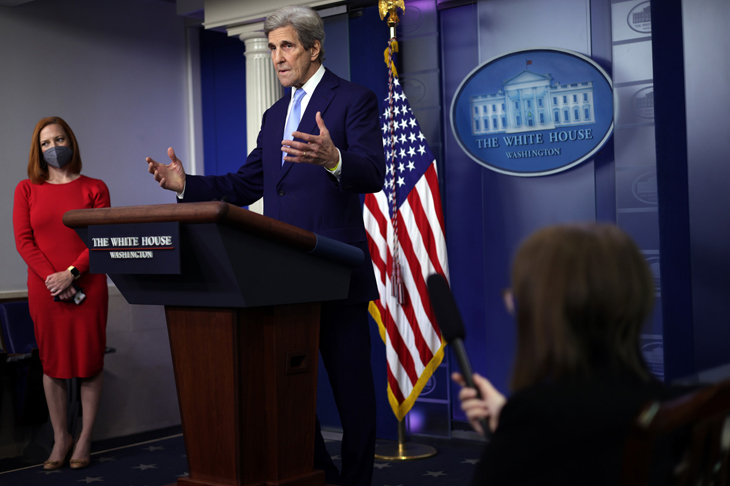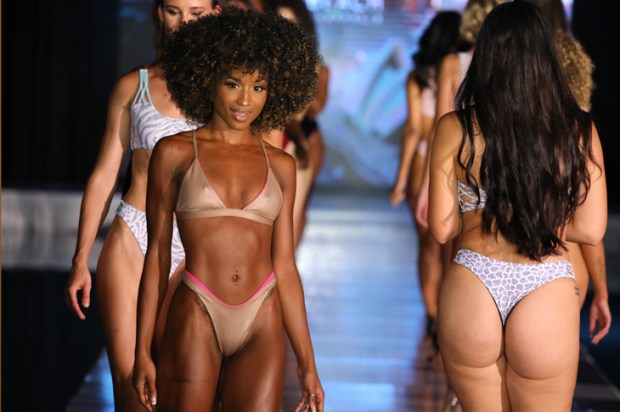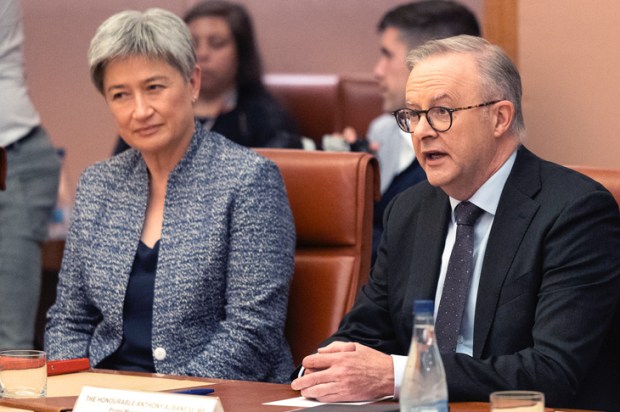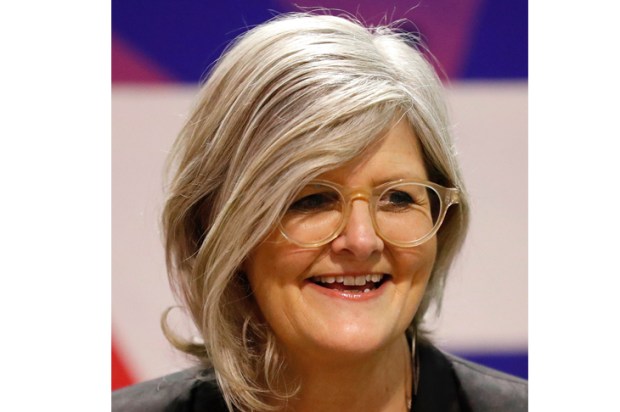Aussies kept out, immigrants pour in
Thirty-eight thousand citizens still can’t come home. But in 2020-21, the government let in 60,000 immigrants (with those from China leading). The reason Australians can’t come home is that, unlike most comparable countries, the airlines can’t function normally because of the draconian travel ban.
As this column pointed out on 29 August, 2020, the ban was imposed under a power in the Biosecurity Act ‘to prevent or control the spread’ of the virus ‘to another country’. While Health Minister Greg Hunt could have quite properly required people departing be tested, this certainly did not authorise him to impose the current draconian travel ban administered by some faceless bureaucrat.
In fact, a vast part of the so-called ‘laws’ churned out by the stroke of a ministerial pen in each of the capitals are as unlawful as the shocking assaults on innocent Melburnians shamefully beamed around the world.
All these will in due course be shown to be beyond power, but the delinquent politicians will not pay; as taxpayers, you will.
In any event, filling the immigration target was a ‘strong achievement’, at least according to Immigration Minister Alex Hawke. Because of the Wuhan virus, there weren’t enough skilled immigrants. So they filled up the gap in the 160,000 target with ‘family’ immigrants. Whether this meant that they went down the list to bring in, say, great-aunts, is not clear. Then there was the problem that over 100,000 of these immigrants were here already. But they weren’t actually labelled ‘immigrants’. Moving names from one list to another is surely a daunting exercise.
The really ‘strong achievement’ was in bringing in 60,000 migrants when 38,000 Aussies could not get back. This demanded a dramatic reversal of priorities. But our politicians have become used to this. Another ‘strong achievement’ of which they must be proud has been to make electricity three times more expensive yet less reliable because of the demands not only of the UN but also a particularly cranky Swedish schoolgirl .
The reason politicians have to declare donations is obvious. It’s to prevent donors being favoured in, say, awarding government contracts. Having established a blind trust, Christian Porter had no idea who funded his ABC defamation case. Not only couldn’t he favour donors, they were also protected from any retaliation.
The real issue was the ABC using taxpayers’ money to fund private vendettas, a point I made on radio 2GB. Then Chris Merritt from the Rule of Law Institute made mincemeat of Senator Sarah Hanson-Young’s claim that she had done the ‘right thing’ in publishing the names of those who funded her defamation case. She actually revealed the fact that her donors included ‘A Non’, ‘Poopy Head’, ‘The Whippet Girl’, etc. Merritt also recalled that Kevin Rudd‘s decision as PM to put all of his vast assets into a blind trust attracted none of the condemnation that Porter’s did, certainly not from Mr Albanese.
The ABC has gone far too far with its private vendettas. You would have thought that after their attempt to get Cardinal Pell was overruled by a rarely unanimous High Court, the ABC would have learned its lesson. Not so. The ABC continues in its determination to destroy those seen as the enemy.
When it came to Porter, the ABC cavalierly dispensed with the elementary rules of responsible journalism. The first was not to publish the serious criminal allegation against Porter unless the editor were satisfied it could be defended in a defamation action. The second was not to give Porter the opportunity to comment and defend himself before any publication. The board has clearly lost control. Spurning its Charter obligations, the ABC has also abandoned being a complementary service offering those programs not available on commercial broadcasting. As suggested here, rather than being a broadcaster, the ABC should be converted into a clearing house allocating access on its many channels to not-for-profit and even commercial organisations demonstrating an ability to offer programmes from high culture to motorcar reviews, from Australian drama to gardening and sporting contests not seen on the major networks. The board might just be able to handle that.
Why is it that the loudest proponents of that increasingly discredited global warming theory seem to have one thing in common? Almost all have carbon dioxide footprints many times that of the average citizen. This includes not only business executives but also the politicians who are so ready to sign what Terry McCrann and Alan Jones rightly declare a ‘national suicide note’. As such it costs annually about $10 billion in capital outlays for Chinese-made renewables and $7 billion in subsidies as well as what is left of manufacturing and soon it seems, agriculture.
Typical is presidential climate envoy John Kerry, who President Trump demonstrated was disastrously wrong about how to secure Middle Eastern peace. The annual carbon footprint of his private jet, used mainly to move between mansions, has a carbon footprint over 50 times that of the average American’s family car.
Politicians who believe in global warming should publish their footprints, stay in Canberra and not go home every weekend, invariably use public transport as John Curtin did, decline air-conditioning, rarely fly (or if so, only in economy) only have a small car, never an SUV and campaign vigorously for nuclear energy .
Nine Newspapers’ polling says most Australians want net zero emissions. What would have been the answer were the respondents properly informed of the cost for them and of the fact that many scientists have denounced the unproven theory on which it is based?
Meanwhile, if the hysterical campaign against coal results in a lower price, coal will only become even more competitive with the result there will be many more coal-fired power stations built outside Australia.
Got something to add? Join the discussion and comment below.
Get 10 issues for just $10
Subscribe to The Spectator Australia today for the next 10 magazine issues, plus full online access, for just $10.
You might disagree with half of it, but you’ll enjoy reading all of it. Try your first month for free, then just $2 a week for the remainder of your first year.














Comments
Don't miss out
Join the conversation with other Spectator Australia readers. Subscribe to leave a comment.
SUBSCRIBEAlready a subscriber? Log in